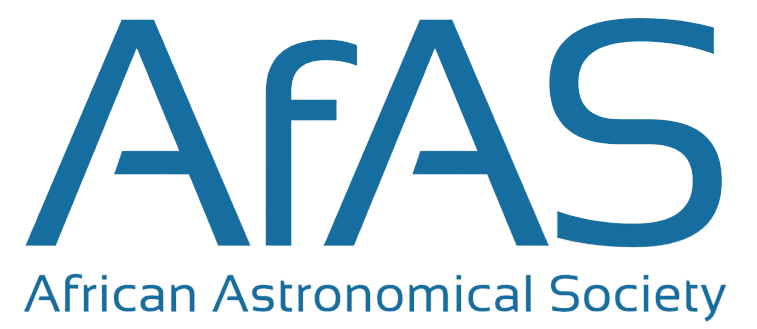Why should there be an African Astronomical Society?
As an organization of professional peers, the African Astronomical Society can run a peer review process for the purposes of funding research supported by the African Union and the various African governments. Should a Pan-African research funding agency be formed, e.g., the African Science and Innovation Facility, the African Astronomical Society should be a primary voice on how those funds are spent on astronomy. But even in the single country context, AfAS members are available to provide peer review and resource planning consultation.
AfAS is the perfect body to commission a decadal survey of astronomy and astrophysics in Africa with a 5-year midpoint assessment, similar to the US decadal survey. A ‘plan of action’ for astronomy in Africa, put forward by African professional astronomers, would send a message to the global astronomy community, the African Union, and to our various governments that astronomy in Africa is vibrant, and that professional astronomers on the continent have a plan for what areas to support and what major facilities to build.
The African Astronomical Society can empanel a group to study what should be included in the research portfolios of the space agencies of Algeria, Egypt, Morocco, Nigeria, South Africa, and Tunisia. Most of these agencies have their eye on space-based Earth observation. Why should an African space telescope not be part of the constellation of missions in space based astronomy?
The AfAS should find a way to archive the scholarly work of African astronomers. Some AfAS members have already been thinking of ways to fulfill our vision of promoting and archiving the work of African astronomers. Publishing a scholarly journal would be very labor and cash intensive, and there are several other impediments to entering the journal publishing business. But through electronic indexes it is possible to ascertain the number of papers published in the world’s leading astronomy journals by Africa astronomers. It may also be able possible to render the data in a way such that it would be a Virtual Journal of African Astronomy and Astrophysics Research.
The AfAS will collaborate with our sister society, the African Physical Society (AfPS), in conducting a survey of African physics departments. The survey would ask some basic questions on the size, course offerings and research opportunities in astronomy. Since there are few to none freestanding astronomy departments at African universities this is an especially a good project for AfAS and AfPS to collaborate.
The AfAS can organize continent-wide research training courses. With the MeerKAT/SKA project, the Nigerian Radio telescope, the Mauritian Telescope, and the Africa VLBI network, Africa is already active in radio astronomy. Courses in pulsar timing, computing and data reduction, control room operations and other specialty topics can easily be organized to build the cadre of African who are participants at the front line of the global radioastronomy enterprise.
Likewise, the SALT is the premier optical astronomy facility in the world. The African Astronomical Society will take a lead role that there are Africans at the forefront of the SALT user community and leadership at the telescope.
Africa is vying for the next generation gamma-ray telescope, the Cernenkov Telescope Array. The HESS instrument in Namibia already takes advantage of Africa’s natural geographic advantage. But it has not taken advantage of too much African human talent. If Africa is to compete for and win the CTA location, we must change this. Therefore, the world should expect AfAS sponsored training in high-energy astrophysics.
In addition to these special course, AfAS along with our sister society, AfPS, will work together to build more and better tertiary level astronomy programs, especially in countries that have so such programs presently.
Finally, the AfAS will expand the access to astronomy for all. The society will set as a goal to establish at least one planetarium in each country to be used in supporting public awareness programs. We shall articulate standards for exposure to, knowledge of, and achievement in astronomy for all learners across the continent. Astronomy is an African science, and all Africans should know about it.
These are just a few vistas on the early journey of the African Astronomical Society. We invite all interested parties to join us in advancing astronomy in Africa.
